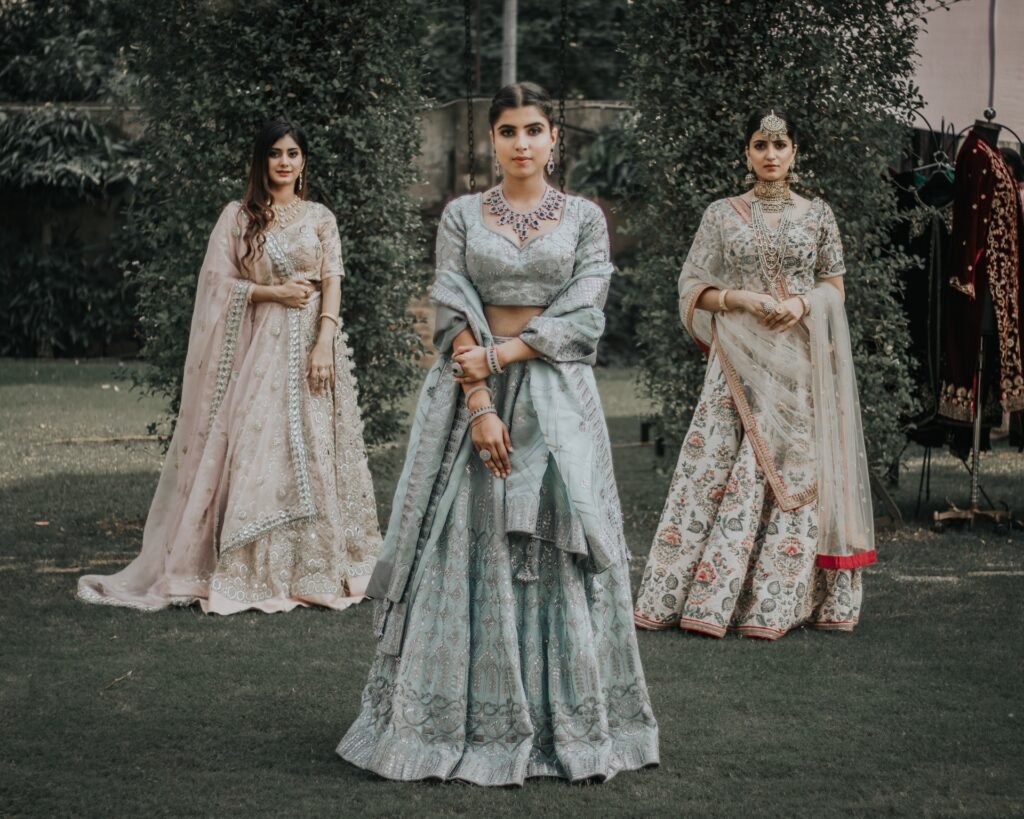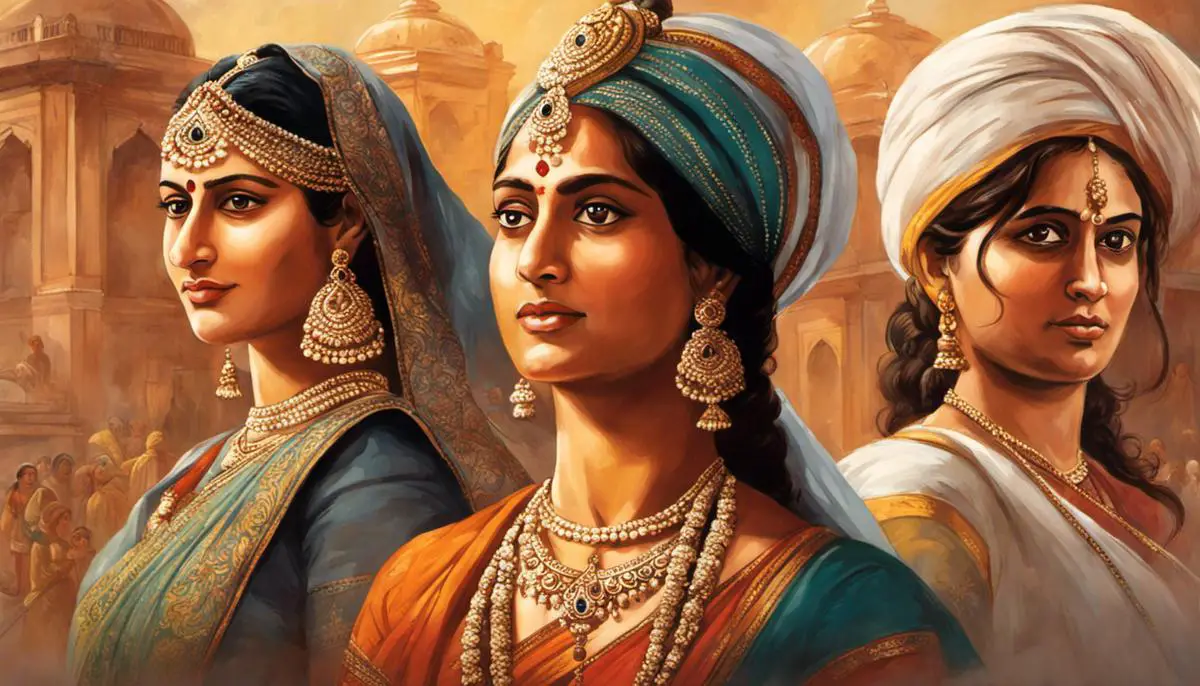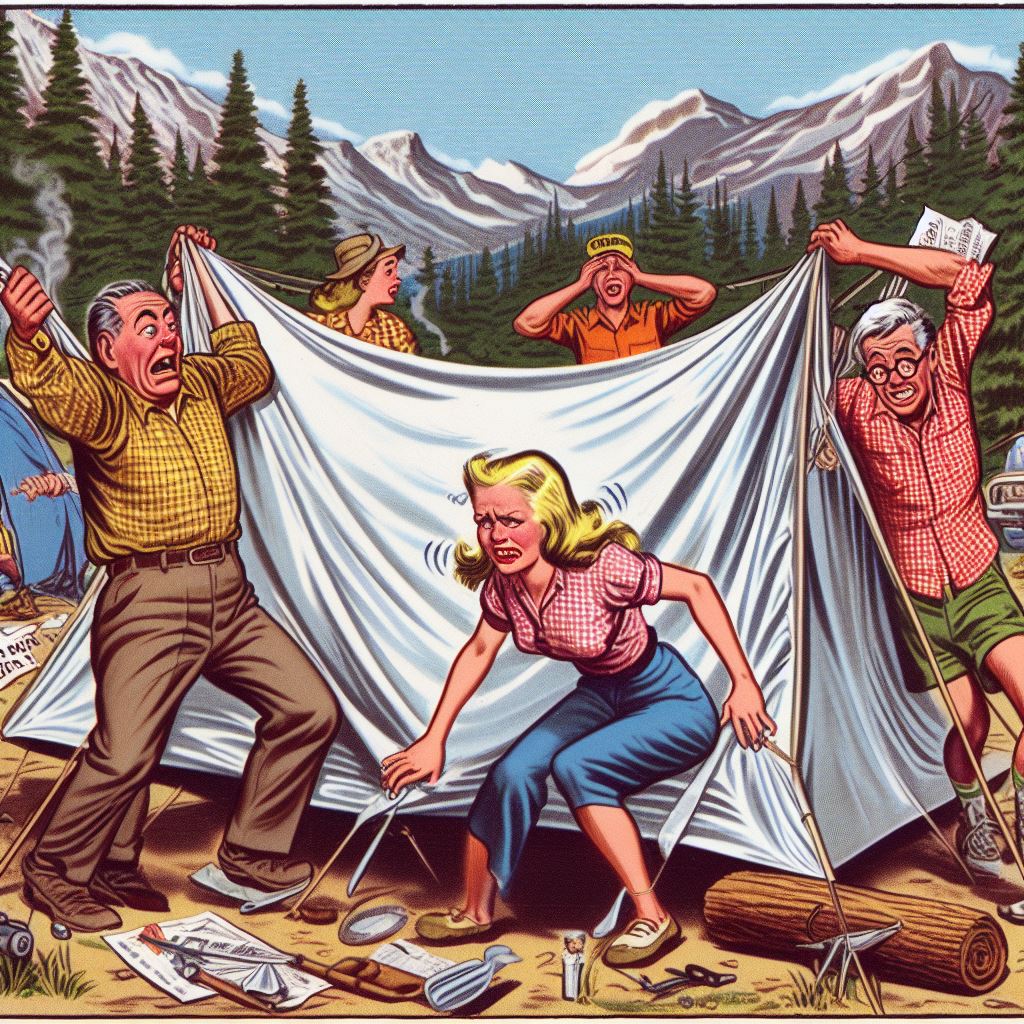India, a country that teems with remarkable history and vast cultural diversity, has a lineage of inspiring Indian women who have defied norms, shattered ceilings, and forged paths that many continue to tread on today. This discourse seeks to shed light on these formidable women who, in different timelines and arenas, have etched their indelible marks in the annals of Indian history. Their narratives color every fabric of Indian society – from politics and social development to science, technology, art, culture, and sports. These heroines, both from the annals of history and contemporary times, stand as towering figures, inspiring generation after generation with their tenacity, courage, wisdom, and striking accomplishments.
Historical Indian Women

Rani Padmini: Historical Icon and Queen of Mewar
Rani Padmini, also known as Padmavati, was a legendary queen from the 13th-14th century kingdom of Mewar, Rajasthan. The tales of her beauty were so enchanting that Alauddin Khilji, the Sultan of Delhi, was captivated and launched a siege on Mewar to capture her. Modern interpretations of her story vary. Some hail her as the epitome of Rajput honor, sacrifice, and valor, while others critique that her story perpetuates the notion of womanhood as a symbol of honor.
Rani of Jhansi: A Warrior Queen
Remembered as the ‘Icon of the Indian National Army,’ Rani Lakshmibai or the Rani of Jhansi was one of the leading figures of the Indian Rebellion of 1857 against British rule. She was known for her bravery and strategic military planning. Losing her own son at a young age, she adopted a son and fought for his legal rights to the throne. When the British refused to accept him as the heir, she didn’t back down and chose instead to fight. She died in battle but is remembered as a symbol of resistance for Indian nationalism.
Savitribai Phule: Pioneer in Women’s Education
As an advocate for women’s rights in India during British rule, Savitribai Phule was a social reformer, educationalist, and poet from Maharashtra. Along with her husband, Jyotirao Phule, she played a crucial role in enhancing women’s rights in India during British rule. Savitribai was the first female teacher of the first women’s school in India and also fought for the rights of untouchables and women.
Annie Besant: Leader of the Indian National Congress
As a British socialist, theosophist, women’s rights activist, and supporter of Irish and Indian self-rule, Besant was the first woman president of the Indian National Congress in 1917. Known for her contributions to Indian nationalism and education, she launched the Home Rule League, demanding self-rule for India from British rule, and also helped establish the Indian Boy Scout Association.
Sarojini Naidu: The Nightingale of India
As an Indian political activist and poet, Sarojini Naidu’s work as a poet earned the nickname of Nightingale of India. She took part in the Indian nationalist movement, became a follower of Mahatma Gandhi, and fought for civil rights and women’s emancipation. Naidu was the first Indian woman president of the Indian National Congress and also the first woman governor of an Indian state.
Mother Teresa: Humanitarian and Saint
As a Roman Catholic nun and missionary, Mother Teresa was born in Skopje (then part of the Ottoman Empire, and now the capital of North Macedonia). However, she lived most of her life in India. She founded the Missionaries of Charity in Calcutta, which provides care for those without any other support, including the homeless and terminally ill. Mother Teresa was canonized as a saint by the Catholic Church in 2016 for her lifetime of dedication to the betterment of humanity.
Each influential woman from India mentioned has carved their own path, marking significant chapters in the nation’s history. They achieved this through various methods, whether standing up against oppression, furthering education and societal transformation, or showcasing unwavering commitment to humanitarian causes. Each of these remarkable women carries a unique tale, and their influential legacies continue to inspire and enlighten many generations to come.
Women in Modern Indian Politics

Indira Gandhi: A Pioneering Force in Indian Politics
The first and only female Prime Minister of India to date, Indira Gandhi, served the country in two non-consecutive terms: firstly from 1966 to 1977 and then from 1980 to 1984. Born into a political family, she was exposed to the intricacies of the political world from a young age. Her tenure witnessed some decisive actions like the conclusion of the Bangladesh Liberation War, leading India into the nuclear age, and implementing the highly contentious Emergency Period. Her stronghold on power and curbing dissent during the Emergency Period is still a topic of debate among scholars and causes public disparity. Yet, despite the divisive nature of her politics, she emerged as the face of the Indian National Congress. Her enduring influence has been pivotal in shaping the landscape of contemporary Indian politics and the role of women within this sphere.
Pratibha Patil: Depicting Inspirational Leadership
Pratibha Patil’s ascendancy to the President’s office in 2007 marked another significant movement in the political recognition of Indian women. She served as the 12th President of India, the first woman to hold the post. Prior to becoming President, Patil had a long and successful political career in Maharashtra. Her work for women’s rights, and particularly towards the economic empowerment of women, defines her political ideology. Under her presidency, India saw an increased emphasis on women’s role in society and politics. Although her presidency was mostly ceremonial, her position of power provided an important glass ceiling-breaking moment for women in Indian politics.
Mamata Banerjee: An Epitome of Resistance and Perseverance
Mamata Banerjee, the first woman to serve as the Chief Minister of West Bengal, is known for her fiery and passionate political style. She founded the All India Trinamool Congress and is widely credited with breaking the 34-year rule of the Communist Party of India (Marxist) in West Bengal, which was one of the longest-serving elected governments in the world. Her political journey is characterized by sustained struggle with several established political forces in both state and federal politics. Banerjee’s independent political stance, emphasis on development, and strong grassroots connection have enabled her to maintain her stronghold over West Bengal politics, inspiring many women to partake in the political sphere.
Challenges Women Face in Indian Politics
Despite these notable figures, women in Indian politics, like their global peers, face numerous challenges, including systemic sexism, patronage politics, and traditional societal expectations. Women politicians in India often have to work twice as hard to prove their legitimacy and competency. The political space is also marked by aggressive and often violent politics, making it challenging for women to navigate and survive.
The Impact of Influential Women on Indian Society
It’s essential to acknowledge the influential women in Indian politics who’ve had an instrumental role in challenging conventional gender norms. They’ve opened doors for increased female political involvement and brought women’s issues to the forefront of policy agendas. These women’s diverse leadership styles have had different impacts, yet their message is clear: they can not only participate but also shine in the traditionally male-dominated world of politics. Their influence has encouraged more women to step into the political arena, which has brought about changes in societal norms and policies in India. The footprint of these women leaders extends beyond politics and reaches into the depths of societal changes and overall development of the nation.
Champions in Social Development

Kiran Bedi: A Groundbreaking Policewoman and Social Activist
Debuting as the first woman in the Indian Police Service (IPS) in 1972, Kiran Bedi, born in June 1949, made headlines. She rapidly ascended the ranks through her steadfast commitment to criminal justice reform and unique solutions to crime reduction. Bedi is credited with the introduction of prison reforms during her tenure as Delhi Prisons’ Inspector General.
Through her “Open Prison” initiative, she allowed certain prisoners the chance to work during the day while serving their sentences. Bedi was also instrumental in implementing effective educational and vocational training programs in prisons under her supervision. After retiring from the IPS in 2007, she committed her efforts toward creating change through social activism, advocating for improved conditions for women in India and promoting peaceful protest methods.
Medha Patkar: A Symbol of Resistance
Medha Patkar, born in December 1954, is a renowned social activist and the founder of the Narmada Bachao Andolan (NBA), a social movement in response to the construction of massive dams across the Narmada River. Patkar has been at the forefront of the struggle for the rights and entitlements of communities displaced by these dam projects.
Motivated by the unjust displacement of local communities and the environmental degradation caused by the dams, Patkar launched a series of protests and hunger strikes to amplify the voices of affected individuals. Her work chiefly represents a resilience towards encroachment upon human rights and environmental exploitation. Patkar’s philosophies are deeply rooted in peaceful resistance and sustainable socio-economic development within the constraints of environmental conservation.
Ela Bhatt: Women’s Empowerment Advocate and Pioneer
Ela Bhatt, born in September 1933, is another influential figure renowned for her work in women’s empowerment and grassroots development. Bhatt is the founder of the Self-Employed Women’s Association of India (SEWA), a trade union that has transformed the lives of over 1.5 million women in India.
SEWA’s core philosophy focuses on attaining full employment and self-reliance for its members. By providing training, resources, and support for self-employment, the organization has significantly altered stereotypical employment norms and has empowered many women to become entrepreneurs. Bhatt’s work has brought measurable change in women’s socio-economic presence and has largely influenced policy decisions around women’s employment rights in India.
Agents of Change and Determination
These women are more than just social activists or educators; they are considered revolutionary figures who, armed with courage and determination, initiated a battle against adversity to shatter restrictive social norms and stereotypes. Notably, they remained resilient in the face of challenges as they relentlessly pursued their respective causes, all of which were pivotal in shaping contemporary India’s social landscape. Demonstrating their flair in diverse fields such as criminal justice reform, environmental conservation, women’s rights, and socio-economic empowerment, influential figures like Kiran Bedi, Medha Patkar, and Ela Bhatt paved the way for continued societal advancements through their distinctive contributions.
Photo by kirtikalla on Unsplash
Indian Women in Science and Technology

Indian Women in Science: Leaving an Influential Legacy
Notable among India’s scientific community is Dr. Anandibai Joshi, a groundbreaking figure in her own right. Born in 1865, Joshi holds the accolade of being the first Indian woman to earn a degree in Western medicine. Joshi’s journey to obtaining her degree was fraught with obstacles, not least of which was the societal stigma she confronted when she embarked on her educational journey alone to America at the age of 19. Unfettered by discouragement, Joshi persisted and ultimately graduated from the Women’s Medical College of Pennsylvania in 1886. Her achievement in securing her medical degree not only represented a personal victory, but it also marked a landmark moment in Indian history, challenging and dismantling gender restrictions in the process.
Pioneers in Space Sciences
An equally significant figure is Kalpana Chawla, remembered for her exceptional contributions to the field of aeronautical engineering. Born in Karnal, India, Chawla migrated to the United States in the 1980s for her masters. She joined NASA in 1995 and became the first woman of Indian descent to go to space when she flew on Space Shuttle Columbia in 1997. Despite her life being tragically cut short in the Columbia disaster of 2003, Chawla’s accomplishments continue to inspire countless young women in India and around the globe.
Milestones in Mathematics and Physics
Dr. Janaki Ammal, born in 1897, was one of the first women scientists to gain recognition in the field of botany. She earned a Ph.D. from the University of Michigan and later became the director of the Botanical Survey of India, making substantial contributions to cytogenetics and phytogeography. Her studies on sugarcane and eggplant significantly improved these crops in India.
Another influential figure included in this list is mathematician Shakuntala Devi, who demonstrated her brilliant computational skills worldwide from a very young age and earned the nickname ‘Human Computer.’ Although she didn’t have a formal higher education, Devi broke gender and educational norms, further proving that talent and skill can surpass traditional educational metrics.
Challenging Gender Norms
Despite the societal constraints that held women back from pursuing their ambitions, these women remained undeterred. They shouldered the responsibility of being role models and demonstrated through their unwavering determination that women could succeed in traditionally male-dominated fields. As a result, they inspired thousands of women, encouraging them to break free from societal expectations, pursue their interests, and create their own legacy.
The Current Landscape
Over recent years, more and more Indian women have been breaking into science, technology, engineering, and mathematics (STEM). Stepping into previously inaccessible roles, they continue to push boundaries and earn influential positions. As a result, India today is filled with accomplished female scientists, engineers, and researchers. Their journeys have been significantly shaped by the trailblazing women who paved the way before them.
Women Breaking Barriers in Art, Culture, and Sports

M. S. Subbulakshmi: The Queen of Melody
M.S. Subbulakshmi, affectionately known as the Nightingale of India, was a distinguished Carnatic singer. Born in 1916, her illustrious career in music spanned over an impressive seven decades. During this period, she introduced Carnatic music to the world stage. In 1947, she made history as the first Indian musician to receive the Ramon Magsaysay Award, often viewed as Asia’s equivalent of the Nobel Prize, acknowledging her contributions to culture. Further acclaim followed in 1966 when Subbulakshmi became the first Indian musician to perform at the United Nations General Assembly. With her captivating and innovative performances, she has left a lasting legacy on the music landscape of India.
Amrita Sher-Gil: Pioneer of Indian Modern Art
Amrita Sher-Gil, a prominent painter, was a pioneer in modern Indian art. Born in 1913 in Budapest to a Punjabi Sikh father and a Hungarian-Jewish mother, Sher-Gil found her passion for art at a young age. She moved to Paris at 16 to study at the renowned École des Beaux-Arts. Her paintings were a blend of Western painting techniques and Indian subjects, often portraying the plight of Indian women, pushing the boundaries of the established norms of the time. Although she lived a short life, her works have left a deep impact on Indian art and she is often termed as ‘India’s Frida Kahlo’.
Mary Kom: Defying the Odds in Boxing
Mary Kom is an iconic figure in the world of boxing. Born in 1983, in a rural community in Manipur, Mary Kom had to overcome numerous societal and financial obstacles to pursue her dreams. Despite these challenges, she went on to win multiple World Championships and Olympic medals. Mary Kom is not only a role model for up-and-coming athletes but also for women all over India as she balances her sporting career with raising her three children.
Saina Nehwal: Badminton Ace
Saina Nehwal, born in 1990, is a professional badminton singles player and former world No.1. Hailing from Hisar, she later moved to Hyderabad to train at the famous Pullela Gopichand Badminton Academy. Her decade-long career includes multiple victories at the Commonwealth Games and a bronze medal at the London Olympics in 2012. Nehwal has played a crucial role in popularizing badminton in India, inspiring countless young athletes.
These women have excelled in their respective fields and shattered societal prejudices and stereotypes related to gender roles in India. Their achievements have paved the way for future generations of women to pursue dreams in arenas close to their hearts, proving India’s endless potential within its diverse female population.

Photo by makmphotography on Unsplash
Final Thoughts About Inspiring Indian Women
A journey through the lives of these extraordinary Indian women unveils the immense reservoirs of power, resilience, and ingenuity that they embodied. Be it in the field of politics with individuals like Indira Gandhi, social causes led by Kiran Bedi, scientific advancements by Kalpana Chawla, or cultural excellence by figures such as M. S. Subbulakshmi, each of these women left in their wake, trails of significant changes. Their contributions, often made amidst staunch opposition and tremendous obstacles, underscore the relentless spirit of womanhood. These women continue to inspire, serving as shining beacons to young girls and women, reminding them that gender does not bind their dreams and capabilities within the culturally diverse landscape of India.





